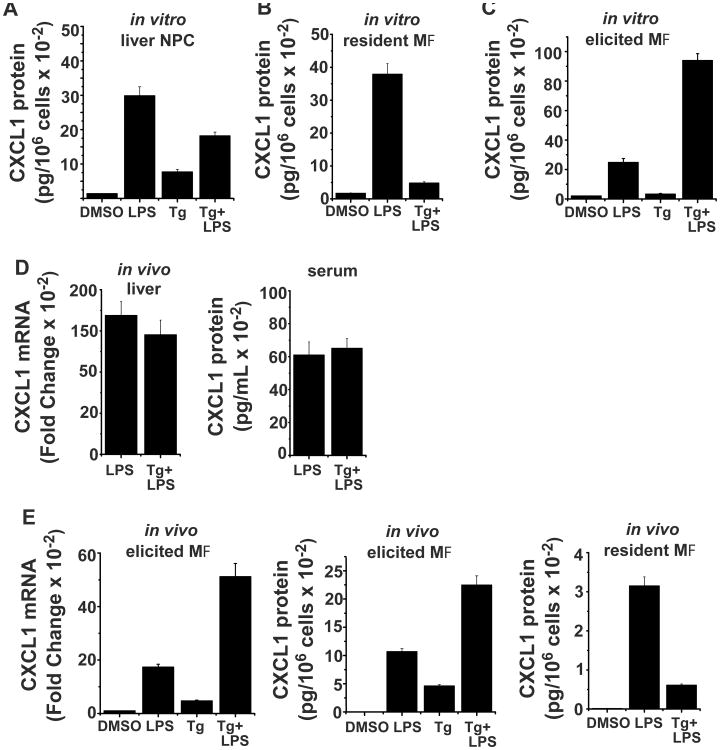Figure 6. Sensitivity to cell stress-mediated amplification of chemokine expression is cell type restricted.
A. Non-parenchymal cells (NPC) were prepared from the liver as described in Materials and Methods and were treated with DMSO or Tg for 6 hrs followed by LPS for 6 hrs. The supernatants were used to measure CXCL1 protein levels by ELISA and normalized to cell number. 35-40% of the cells were CD11b+ by flow cytometry. Values presented are the mean of duplicate determinations +/- ½ range. B. Resident peritoneal cells were obtained by peritoneal lavage and CXCL1 protein production was determined with and without Tg pretreatment as described in A. C. Elicited peritoneal macrophages were obtained 48 hrs following i.p. injection of thioglycollate broth and used to determine CXCL1 protein as in A and B. D. Mice were injected i.p. with DMSO or Tg (1 μg/g body weight) and after 6 hrs were given LPS (25 μg/mouse). 6 hrs after the last injection mice were sacrificed and total RNA was prepared from liver for determination of CXCL1 mRNA levels by real-time PCR. Serum was used to determine CXCL1 protein levels by ELISA. Values are the mean of duplicate determinations +/- ½ range. E. Untreated mice (resident macrophages) or mice injected with thioglycollate broth for 48 hrs (elicited macrophages) were injected i.p. with DMSO or Tg (1 μg/g body weight) for 2 hrs followed LPS (25 μg/mouse) for an additional 4 hrs. The peritoneal cavity was lavaged with 2 mL HBSS and the wash fluid recovered was used for determination of CXCL1 protein by ELISA. Elicited cells were used to extract RNA and CXCL1 mRNA levels were determined by real-time PCR. Values are the mean of duplicate determinations +/- ½ range.

